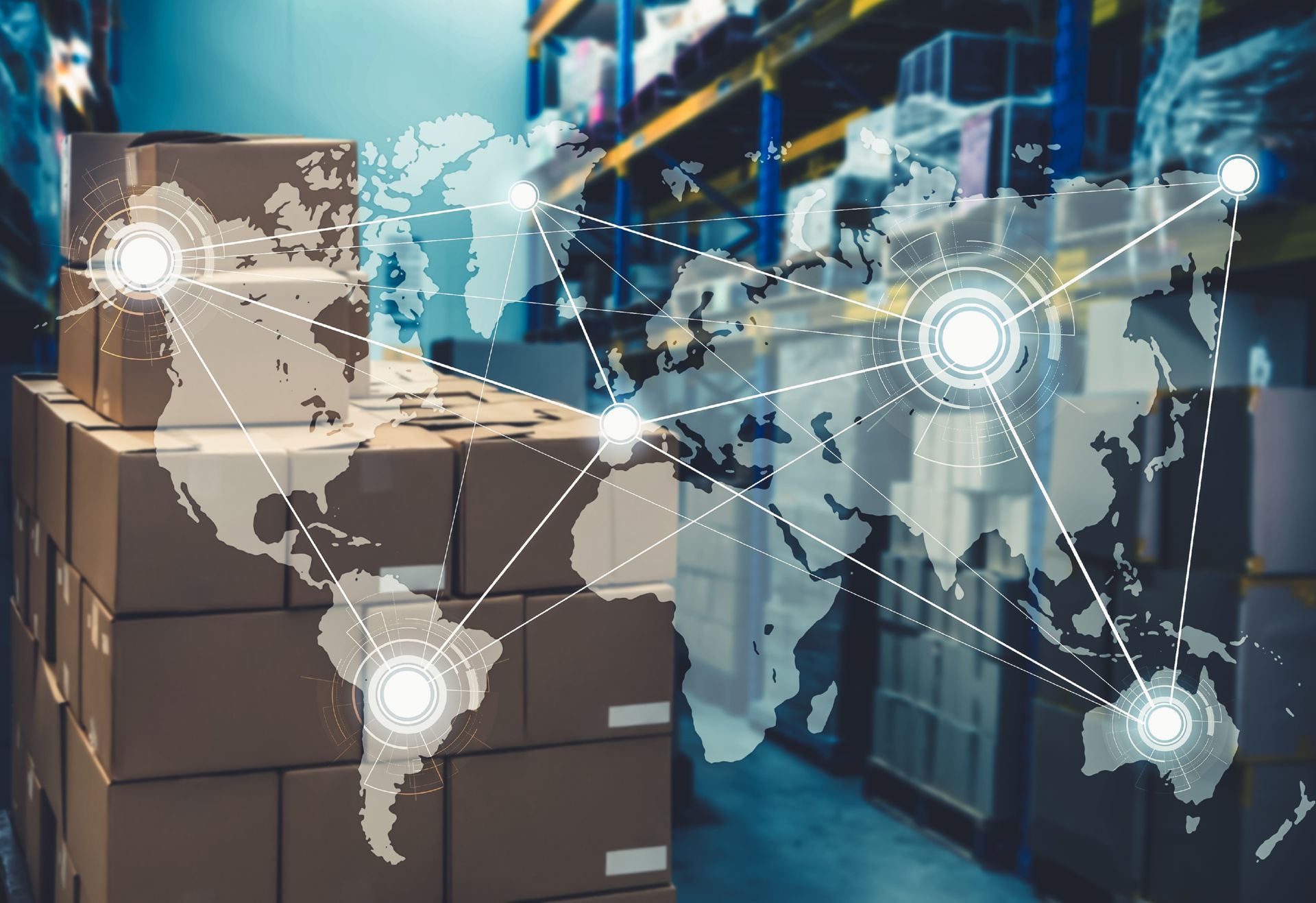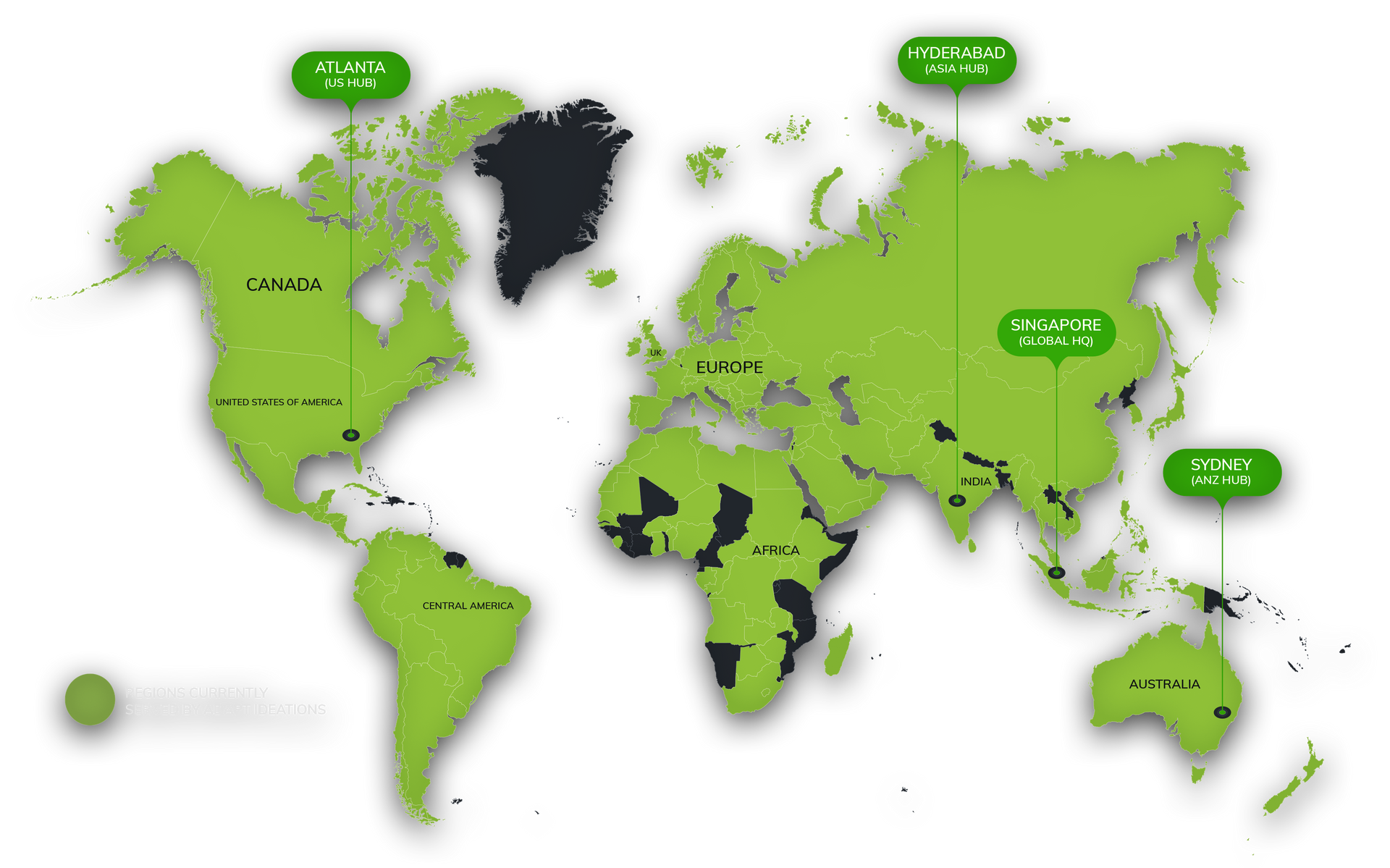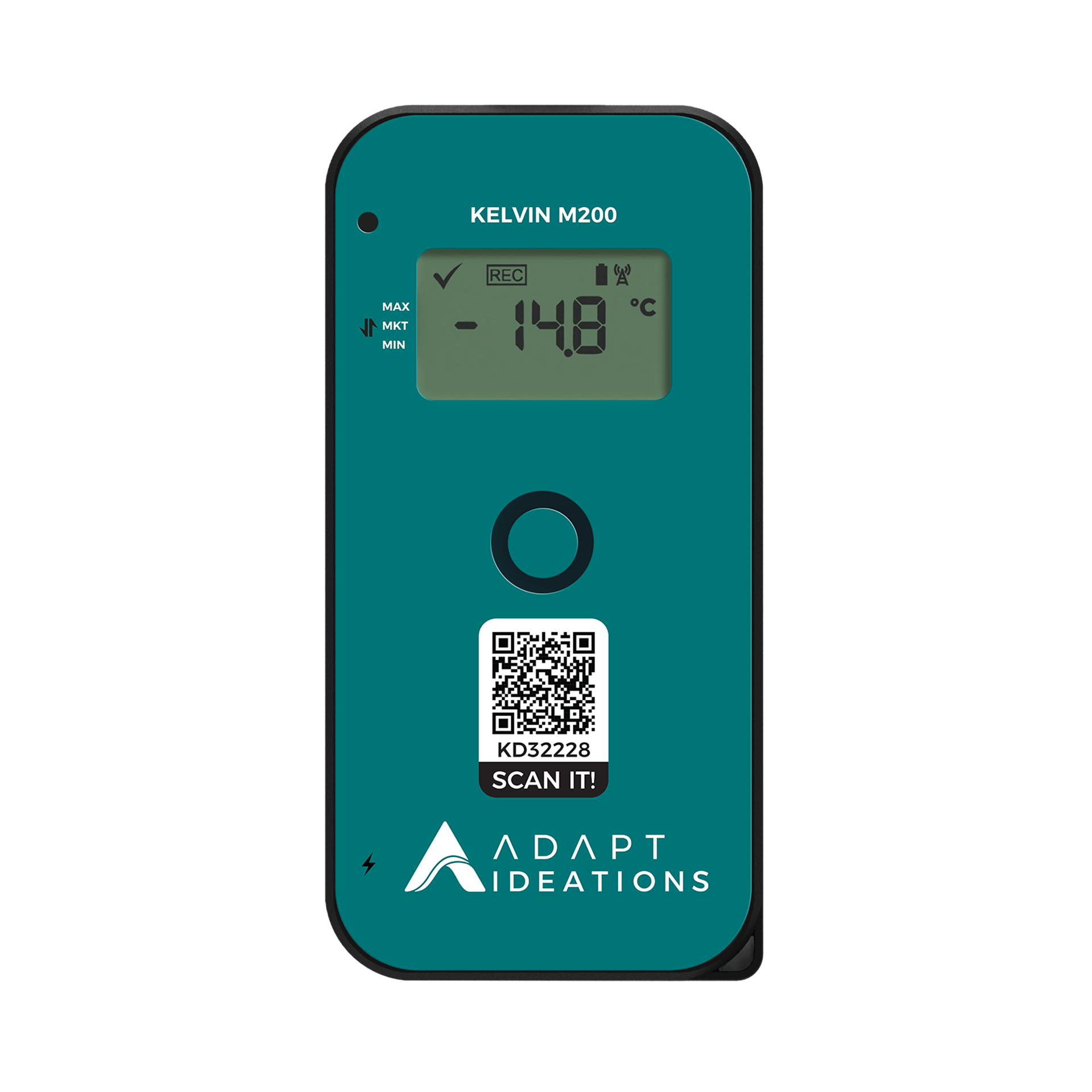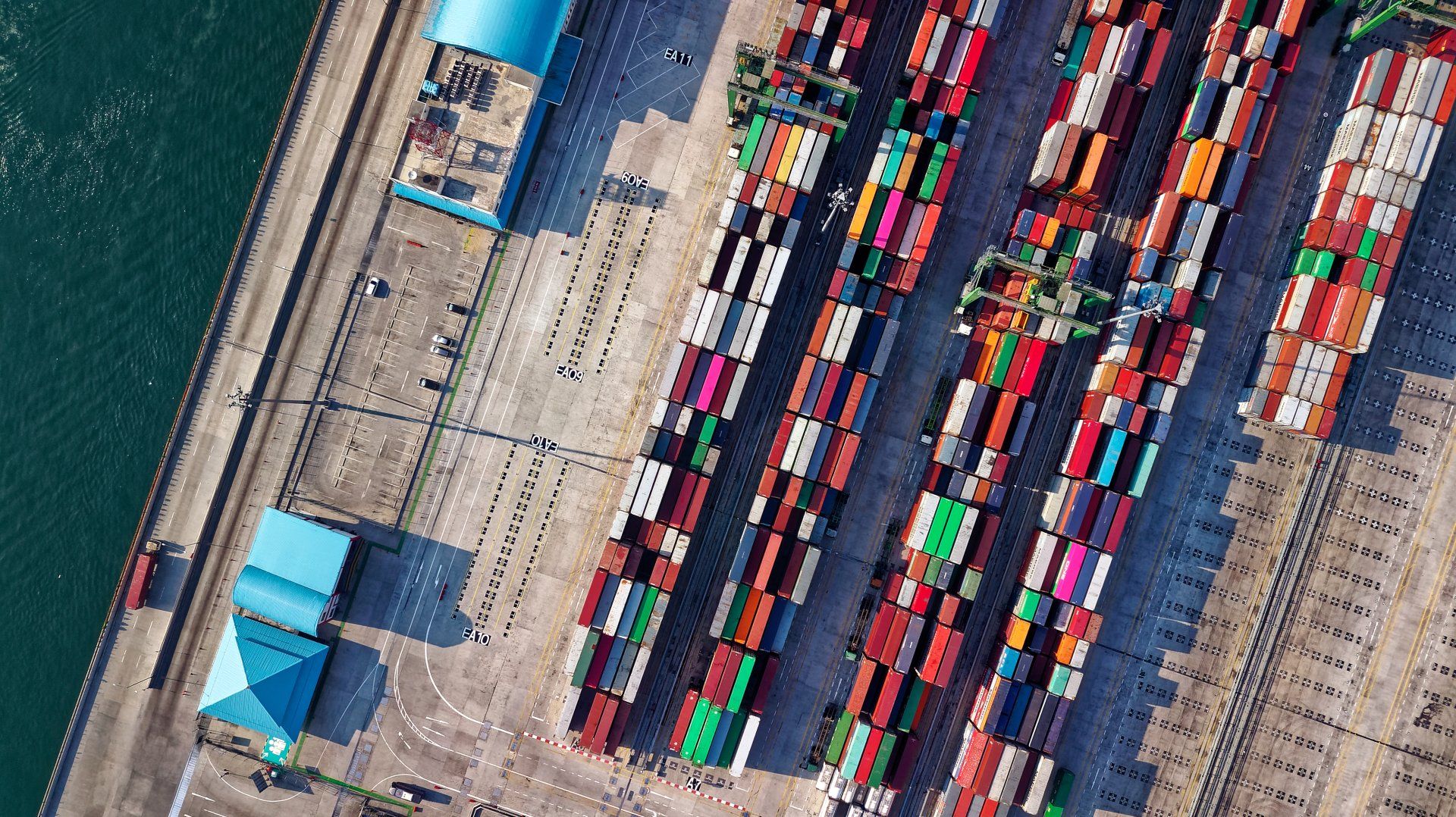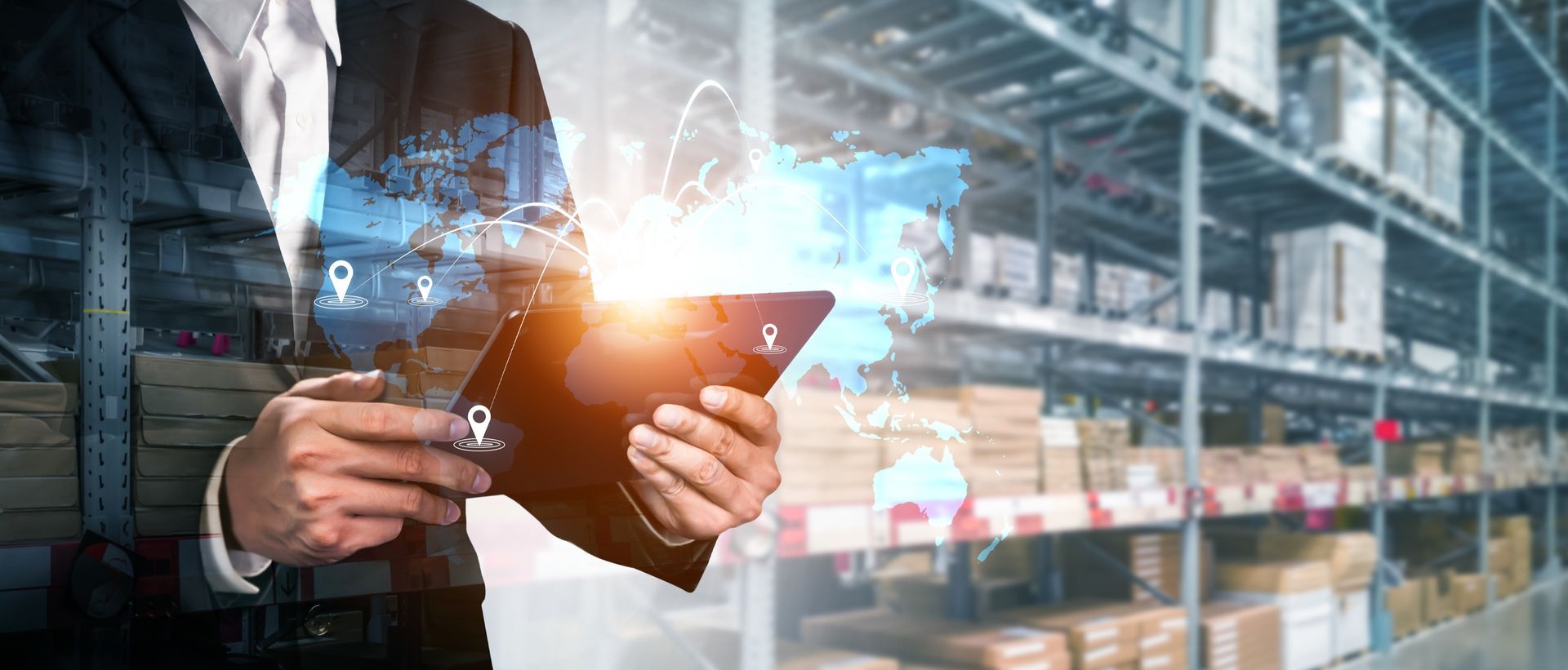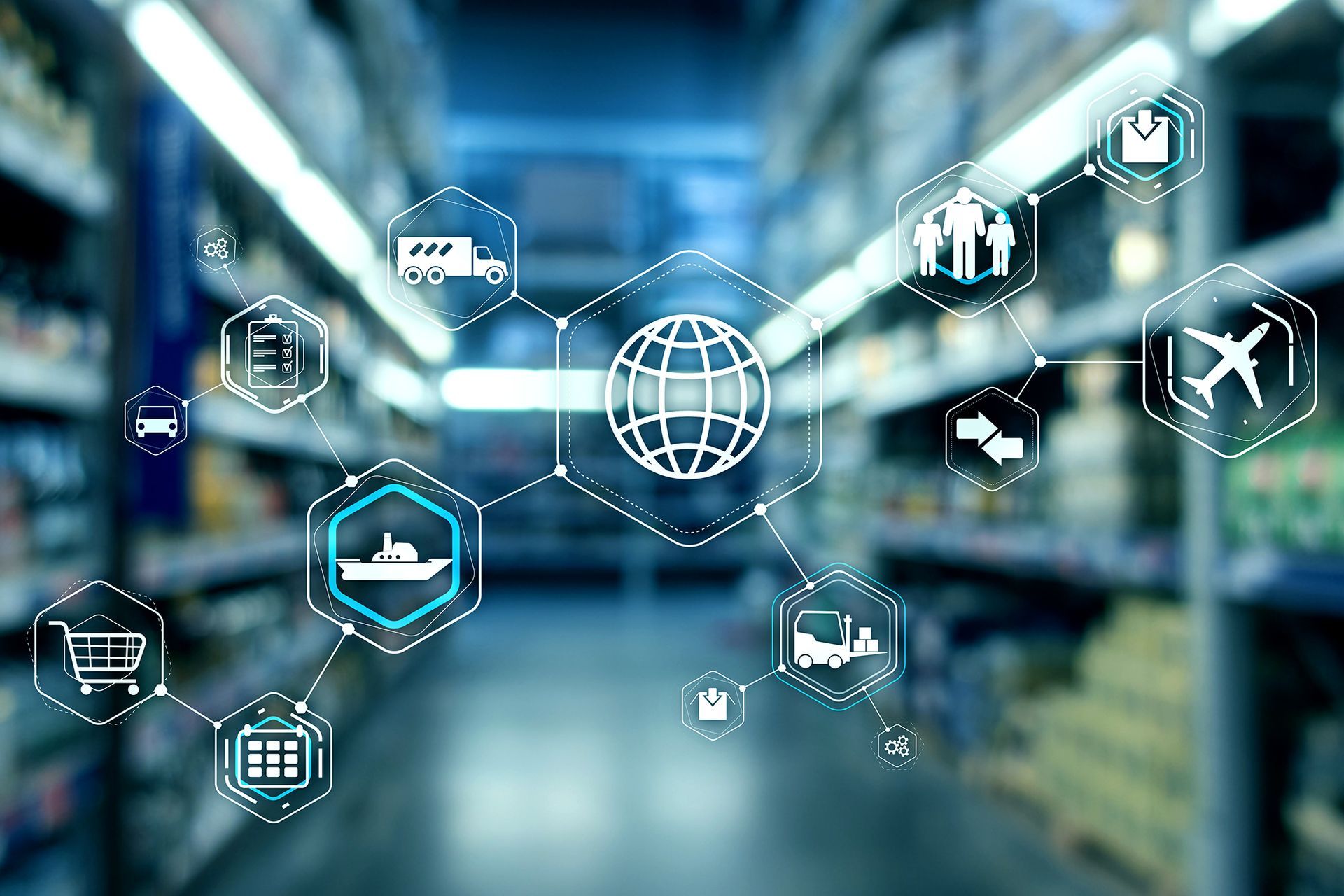How Incorporating IoT Into Data Loggers Has Revolutionised Asset Tracking
Welcome to the era of intelligent asset tracking! In today's fast-paced world, where efficiency and accuracy are paramount, industries constantly seek innovative solutions to optimise their operations. One groundbreaking technology that has transformed the way businesses track and monitor their valuable assets is the Internet of Things (IoT). We'll explore in this blog how incorporating IoT into data loggers has revolutionised asset tracking, providing real-time insights, advanced analytics, and remote monitoring capabilities. Join us on this exciting journey as we delve into the world of IoT-enabled data loggers and witness the impact it has on asset tracking.
Asset tracking involves monitoring and managing physical assets throughout their lifecycle, enabling businesses to optimise resource utilisation, reduce costs, and enhance operational efficiency. Industries such as manufacturing, logistics, healthcare, and more heavily rely on accurate asset tracking to ensure smooth operations.
According to a recent statistic, the IoT-based asset tracking and monitoring market size was valued at $4 billion in 2021 and is projected to reach approximately $8.5 billion by 2030. Further, it is fuelled by a CAGR of 8.74% between 2022 and 2030. This exponential growth can be attributed to the increasing demand for real-time asset monitoring and optimisation.
What Are IoT & Data Loggers?
Before delving into the benefits of incorporating IoT into data loggers for asset tracking, let's clarify the concepts of IoT and data loggers.
Internet of Things (IoT) is a network of interconnected devices, sensors, and systems that communicate and exchange data via the internet. It enables seamless connectivity and data transfer between physical objects and the digital world.
Data loggers are electronic devices designed to collect, record, and store data over time. It captures crucial information such as temperature, humidity, pressure, location, and more, allowing for analysis and monitoring.
The Evolution Of Data Loggers
Earlier, traditional data loggers served their purpose but had inherent limitations. These standalone devices lacked real-time connectivity, making data retrieval and analysis time-consuming and manual. However, with the advent of IoT, data loggers underwent a remarkable transformation.
Conventional asset tracking methods pose numerous challenges for industries. Manual data collection and monitoring were prone to errors, delays, and inefficiencies. Resources were underutilised, leading to increased costs and decreased productivity. Moreover, their offline nature hindered real-time monitoring and analysis, making it challenging to identify issues promptly.
The introduction of IoT technology into data loggers has revolutionised the asset tracking landscape. IoT-enabled data loggers are equipped with connectivity features, enabling seamless data transmission to cloud platforms for real-time monitoring and analysis. This integration has significantly enhanced asset tracking capabilities and addressed the limitations of traditional data loggers.
Benefits of Incorporating IoT Into Data Loggers
1. Real-Time Monitoring & Visibility
IoT-enabled data loggers provide real-time insights into asset location, condition, and status. This visibility enables proactive decision making, timely interventions, and enhanced operational efficiency.
2. Enhanced Accuracy & Reliability
With automated data collection and transmission, IoT data loggers eliminate the potential for human error. Further, ensuring accurate and reliable asset tracking information. This accuracy helps prevent losses, optimise maintenance, and streamline operations.
3. Automation & Streamlined Processes
IoT-enabled data loggers automate asset tracking processes, reducing manual effort and streamlining operations. Businesses can now eliminate the need for manual data collection and allocate resources more efficiently, saving time and costs.
4. Remote Access & Control
IoT data loggers facilitate remote access to all asset information, enabling real-time monitoring from anywhere. Businesses benefit from this feature with distributed assets or those involved in global supply chains.
5. Enhanced Data Analytics
These IoT-enabled data loggers collect vast amounts of data, which can be leveraged for advanced analytics. These analytics provide valuable insights into asset performance, maintenance requirements, and optimisation opportunities, helping organisations make data-driven decisions.
Revolutionising Asset Tracking With IoT Data Loggers
IoT data loggers consist of sensors that capture asset data, connectivity modules for transmitting data to the cloud, and cloud platforms for storage, analysis, and visualisation. This comprehensive ecosystem enables real-time asset monitoring and data-driven decision making.
One of the significant applications of IoT data loggers is in cold chain management and logistics, where maintaining specific temperature and other environmental conditions is critical. IoT data loggers equipped with temperature sensors ensure assets are stored and transported within specified conditions and remain in compliance with regulatory standards.
Examples Of Industries Benefiting From IoT-Enabled Asset Tracking
Cold Chain Logistics
IoT data loggers provide real-time temperature monitoring, ensuring the integrity of perishable goods during transportation and storage. It's beneficial for sensitive goods during shipping, minimising spoilage and ensuring product quality. View our IoT-enabled temperature data loggers designed for cold chain management and logistics.
Life Sciences & Pharma
With strict temperature requirements, the life sciences & pharmaceutical industry relies on IoT data loggers to maintain the integrity of drugs and vaccines throughout the supply chain. IoT data loggers enable precise temperature monitoring, ensuring the safety and efficacy of medications throughout the supply chain. Take a look at our IoT-enabled temperature data loggers designed with the pharmaceutical industry in mind.
Food & Beverages
IoT-enabled data loggers monitor temperature and humidity, ensuring food safety and compliance with regulatory standards. It helps maintain optimal storage conditions for food and beverages, reducing waste and ensuring product quality.
Check out our IoT-enabled temperature data loggers for the
food and beverage industry.
Way Forward
Incorporating IoT into data loggers has revolutionised asset tracking across industries. Real-time monitoring, enhanced accuracy, automation, remote accessibility, and advanced data analytics are just a few benefits of IoT-enabled data loggers. The IoT-based asset tracking and monitoring market is experiencing exponential growth, with a projected value of $8.5 billion by 2030. Exploration of IoT-enabled temperature and other condition monitoring data loggers becomes imperative for organisations seeking optimised asset tracking and improved operational efficiency. To help businesses working closely with temperature-sensitive, high-value or critical assets, Adapt Ideations continuously innovates to provide the best in technology IoT temperature data loggers to transform your journey from traditional passive monitoring to real-time monitoring and achieving digital transformation.
Don't miss out on the transformative power of IoT-enabled data loggers! Contact us today to learn more and embark on your journey towards efficient and reliable asset tracking. Remember, the future of asset tracking lies in embracing IoT technology and unleashing its full potential!
Enquire to find out more about our innovative solutions and how they can be utilised at enquiries@adaptideations.com
Share Our Post.
Awards & Recognition

Best Temperature Monitoring Solution Provider
Awarded by India Biologics & Vaccines Outstanding Industry Awards 2022

Adapt Ideations Recognised As A Supply Chain Leader
by Alcott Global on Supplify's Supply Chain Tech Map 2.0
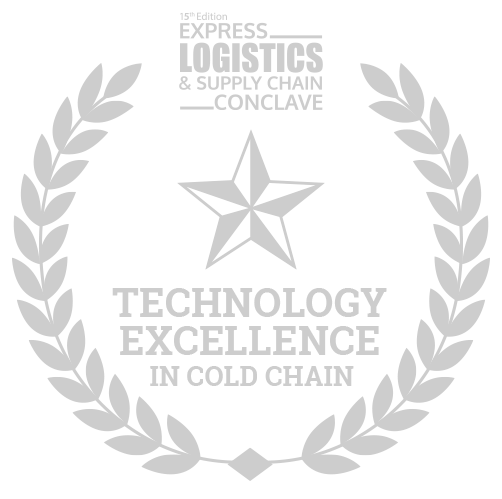
Related Articles.

